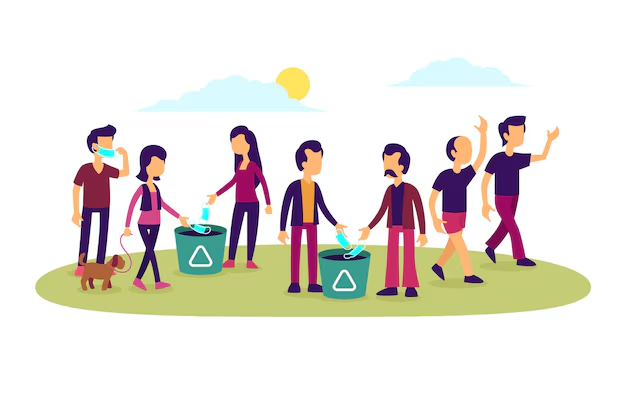
Self-improvement consists of first understanding oneself, then developing emotional intelligence, and finally working on acquiring those habits that promote growth and self-positivity. Here are 10 Mastermind tips to facilitate this process:
1. Self-Awareness
- Think about what you have done, what you are thinking, feeling, and how all of that relates on a regular basis.
- Start noticing what you repeat in your life and the cause of these actions.
- Report or record or use guided awareness exercises to improve self-awareness.
2. Be SMART about Goal Setting
- Indicate the areas of your behavior which are unsatisfactory and need to be worked on such as for instance patience and level of communication (these can be in the form of behavioral targets).
- Strategize and breakdown your goals to smaller and manageable pieces and monitor your progress.
- Constantly reward yourself to remain focused on achieving even short term milestones.
3. Empathy

- Make an effort to understand where someone else is coming from and how a situation appears to them.
- Always listen and allow them to express themselves without interruptions and free of judgment.
- Practice kindness and understanding through your words and your actions.
4. Self-Control
- Study the ways in which anger, stress, or whatever frustration you have internally can be expressed in a better way.
- You may try to do abnormal exercises like deep breathing or meditation or simply relaxing yourself through visualization.
- Always reflect and take a moment before displaying anger outwards in an emotional way.
5. Growth Orientation
- When confronted by challenges, instead of avoiding them, seek to develop skills to help you broker those challenges in different contexts and abilities.
- When receiving critical evaluation or feedback, be appreciative and use the advice constructively.
- Trust and believe in your ability of wholly grasping a new skill.
6. Focus on Improving Communication
- Clearly, respectfully, and confidently express yourself.
- Utilize the ‘I’ voice in expressing one’s emotions so that one does not sound accusatory.
- Keep eye contact and use constructive gestures.
- Be in the company that motivates and encourages.
- Reduce the amount of time spent in unhealthy relationships or atmospheres.
- Do things that are enjoyable and that bring about positive energies.
8. Welcome Feedback
- Get books, participate in personal adopted workshops, or simply watch stuff that deals with self-improvement.
- Take lessons from your defeats and try to see every mistake as an opportunity to grow.
- Be open to searching for content that will inform you of things about you and the universe.
9. Cultivate an Attitude of Gratitude
- Try to appreciate the good in your life and express thanks for it.
- Have a small journal in which you record what you are thankful for.
- Encourage and show appreciation to others, which will only further foster relationship growth.
10. Touch the Lives of Others

- Become what you would like other people to be.
- Practice what you recommend to others.
- In addition, help and encourage other people around you to do exercise as well.
Conclusion
The enhancement of constructive behavior in human beings is a never-ending process which starts with oneself, is maintained by emotional intelligence and good habits. When our daily life is enriched by such elements as empathy, active listening and the growth mindset, we develop life survival behaviors which are beneficial for self, relationships as well as the community. The power of positivity, the willingness to always learn and the need to act creates a chain effect that prompts others to act likewise. All these culminate in a myriad of benefits for individuals and society at large as life becomes peaceful, loving as well as enjoyable.


